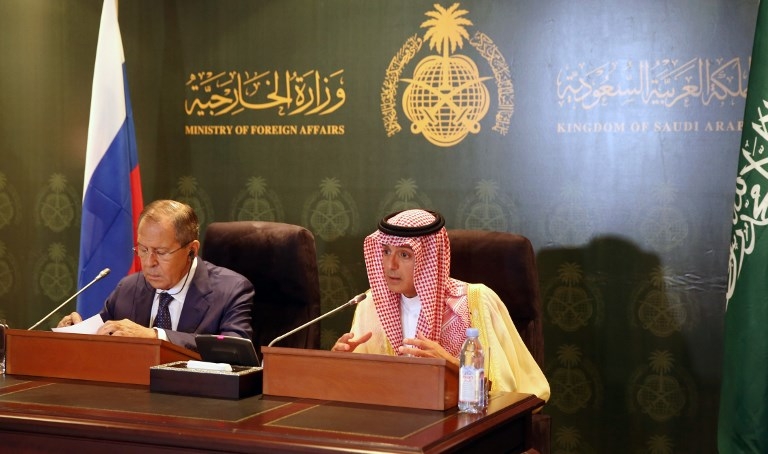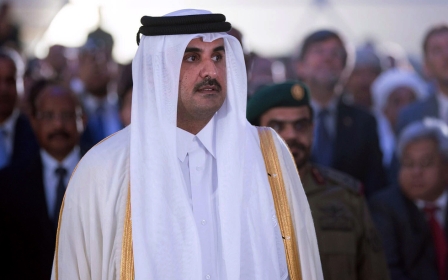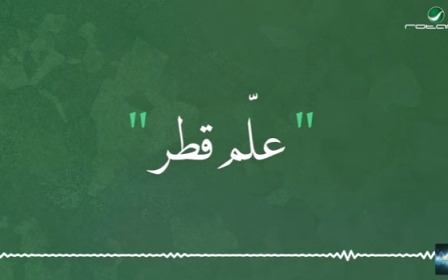Russia urges dialogue to solve crisis among Qatar, Arab countries

Arab countries and Qatar should enter into direct talks to solve a diplomatic dispute, Russia's foreign minister said on a trip to Saudi Arabia on Sunday, urging all parties to restore regional unity.
Saudi Arabia, Bahrain, the United Arab Emirates and Egypt severed ties with Qatar on 5 June, accusing it of supporting terrorist groups - a charge it denies.
"We have confirmed our position [that we are] in favour of settling the disagreements by means of negotiations, by directly expressing concerns and achieving solutions which would take into account the concerns and the interests of all parties," the minister, Sergei Lavrov, told a news conference in Jeddah.
"We are interested in all those mediatory efforts that are currently being made producing results and the unity of the Gulf Cooperation Council (GCC) being restored," he added.
Kuwait and the United States have been mediating to reach a breakthrough in the three-month long crisis that has put the whole region on edge, and prompted Turkey to send troops to the wealthy Gulf state in a sign of support.
Solution to crisis
Last week, Saudi Arabia suspended any dialogue with Qatar, accusing it of "distorting facts," just after a report of a phone call between the leaders of both countries suggested a breakthrough in the dispute.
Saudi Foreign Minister Adel al-Jubeir told the news conference that Qatar needed to show seriousness in finding a solution to the crisis.
"We want clarity in the Qatari position, we want seriousness in finding a solution to this crisis that leads to the implementation of principles which all countries support: no supporting terrorism, no welcoming unwanted guests, no spreading hate, no intervention in others' affairs," Jubeir said.
The two ministers also discussed planned de-escalation zones in Syria and unification of the Syrian opposition.
"The kingdom supports the creation of de-escalation zones and looks forward to starting a political process that will end the Syrian crisis," Jubeir said.
President Bashar al-Assad's negotiators have not met directly with the opposition because there is no unified delegation from the High Negotiations Committee (HNC) and two other groups, known as the Cairo and Moscow platforms; all claim to represent the opposition.
New MEE newsletter: Jerusalem Dispatch
Sign up to get the latest insights and analysis on Israel-Palestine, alongside Turkey Unpacked and other MEE newsletters
Middle East Eye delivers independent and unrivalled coverage and analysis of the Middle East, North Africa and beyond. To learn more about republishing this content and the associated fees, please fill out this form. More about MEE can be found here.




